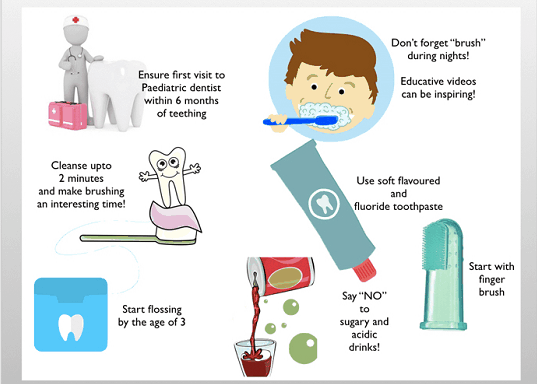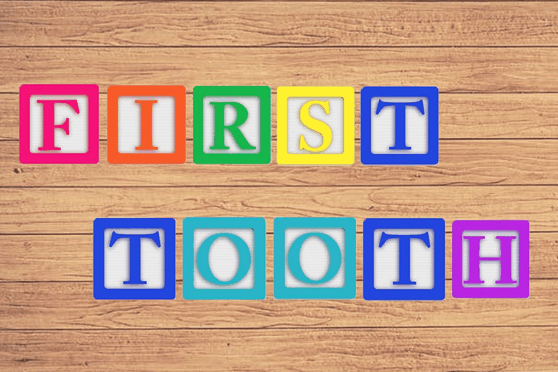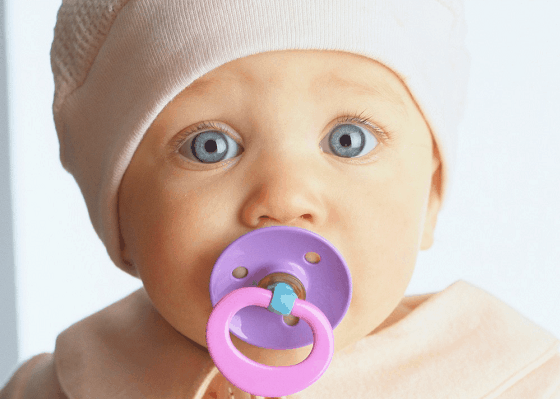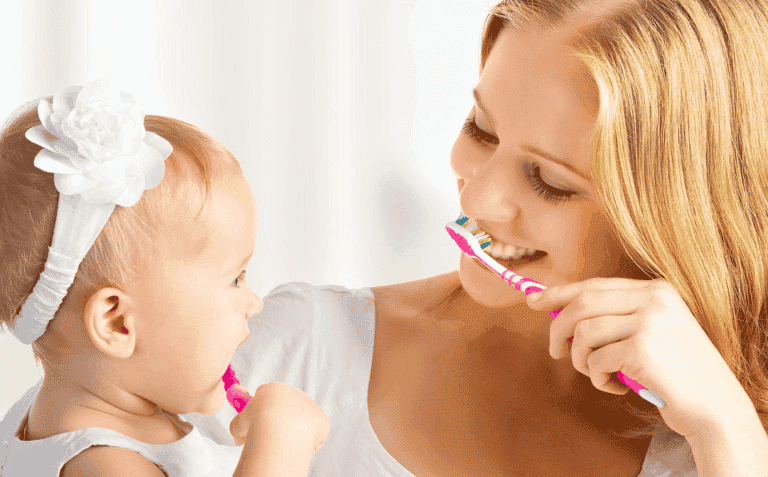Dental care from the beginning is very important for children because it keeps their oral health strong for a lifetime. Healthy baby teeth in children help them to eat and speak properly. A baby tooth is a guider for the upcoming permanent teeth to position properly. At the age of 12 to 13 all the teeth can’t be replaced with permanent teeth. Dental care and treatment in infants include cleaning the baby’s gums even before the teeth come into the mouth. Clean teeth and gums are the only way to keep infant oral care healthy.
What is early childhood tooth decay?
In childhood tooth decay commonly refers to the settling of the cavities. It occurs in children from 6 months to 6 years of age. As children get their teeth they are likely prone to have cavities. Tooth decay in children is caused due to many factors that commonly include bacteria that settle in the mouth. If the dental treatment is not given on time the bacteria that cause tooth decay will affect the inner oot of the tooth that will result in pain and infection and may even damage the gums. In this case, baby tooth or teeth may need to be removed.
What can contribute to tooth decay?
The following factors may contribute to tooth decay in children:
- sticky or sugary foods;
- constant use of a baby bottle filled with sugary beverages such as milk, juice or formula and
- avoiding brushing your child’s teeth.
Sugar is an enemy to your oral health. it may damage the overall oral health. In-take of sugar damages the teeth in children. The more the children have sugar the more damage it will cause to the teeth. When a child is consuming sugary substances the sugar in the product mix with the good bacteria in the mouth and hence it forms acid. This acid attacks the enamel and forms cavities.
If the child is all the time sipping or eating sugary food or beverages the teeth are coated with a lot of sugar. Hence tooth decay develops. It develops in the night time when a parent feeds the child with a bottle of milk.
Transferring bacteria from your mouth to your baby’s:
Bacteria can fly or settle from one’s mouth to the baby’s mouth too. Is means that the baby’s mouth is at risk of developing cavities inside the mouth. To avoid the transformation of the bacteria avoid sharing the toothbrushes, soothers, spoon while feeding.
If done, then it will lead to the risk of forming bacteria and cavities in the children’s mouth that also include improper dental hygiene and poor eating habits that will result in the development of the cavities.

How can tooth decay be prevented?
- By practicing proper oral care
Dental care includes proper brushing and seeing a dentist as well as checking the child’s teeth every day, lifting up the lip of your child’s mouth, and your will. When you’re cleaning the child’s teeth make sure to clean the brown spots because they are the early sign for the formation of the tooth decay.
Make sure while cleaning, use a soft toothbrush or a soft wet cotton cloth.
As the child grows and teeth start to grow, make sure to use a soft toothbrush and a fluoride toothpaste. It is very necessary for a parent to clean the child’s teeth in the morning and especially before going to bed. Once your child turns 3, brush your child’s teeth using a “pea-sized” amount of fluoride toothpaste on a soft child’s toothbrush. Make sure to use toothpaste in less amount as it safe for the child’s teeth and also very effective.
- Offering water after feeding the children
After every feeding session makes sure to give your child water so that no particles are stuck on the teeth. Start giving your child a glass of water and avoid lidless cups between five months and nine months of the children’s age.
- Give a cup of water during night time
After bedtime feeding of milk, give your child a bottle of water so that no sugar is stuck on the teeth and will consider saving the child’s teeth.
When will my child get teeth?

For teething, a child should have the first set of teeth or baby teeth. It is said that a child can start doing teething at the age of three. Children have their own schedule for teething. But there are very rare children who start their teething at about six months.
The bottom front teeth usually appear first and after that the top front teeth. If teething there should be 20 teeth – 10 in the top jaw and 10 in the bottom jaw.
How can I comfort my baby when they are teething?
Teething causes discomfort to the children. Let the baby chew the teething ring, toy, or wet cloth so that they may feel comfortable. Make sure these things are properly cleaned and sterilized in hot water. It is very important to avoid children not to use cookies or biscuits for teething because it will form bacteria in the mouth and lead to the formation of the cavities.
Consulting a dentist, in this case, is very necessary.
What about soothers or pacifiers?

Pacifiers are the nipples shaped instrument given to the children while they are sleeping. If you’re planning to give a pacifier to the child make sure that it should be: ensure that after breastfeeding water should be sipped.
- Of the right size
- check the soother nipple.
- keep the soother clean and sterilized in lukewarm water
Children when turning to 1 or 2 age, should be limited to using the specifier or a soother.
Once the child is grown, soothers and pacifiers habit should be removed from children. The habit should be removed from the children after the age of 3 years old. If not stopped, the regular use of a soother, it may affect the child’s speech development.
Can fluoride help stop tooth decay?
Fluoride toothpaste used for children will give the best results. It will help in preventing the formation of cavities. Using good fluoride toothpaste twice a day will help to make tooth enamel stronger and better that will allow resisting cavities. In some toothpaste, there is no fluoride contained. Hence, before buying the toothpaste check the label.
When seeing a dentist, they will also recommend using fluoride toothpaste. It is also very necessary to see a dentist for regular checkups.
Expert opinion
- Dr. Preethi Nagarajan Dental Director of Sabka dentist says "Make sure to take baby steps to baby oral hygiene to provide a lifetime healthy tooth to your child.”











One thought on “INFANT ORAL CARE”
This blog is like going to the dentist and getting an answer for your problems. I loved this.